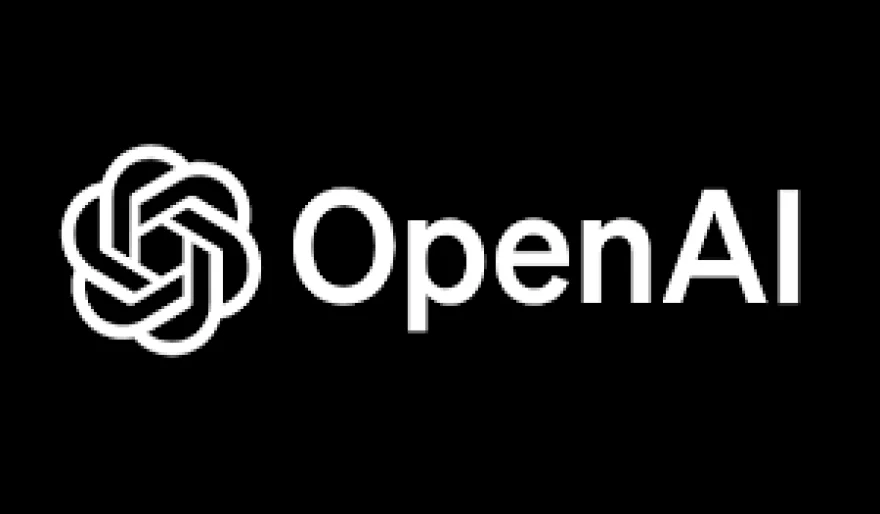Stay Ahead of the Curve
Latest AI news, expert analysis, bold opinions, and key trends — delivered to your inbox.
OpenAI utilized over a million hours of transcribed YouTube videos to train GPT-4
13 min read OpenAI has ignited controversy with reports suggesting they transcribed over a million hours of YouTube videos to train their powerful new language model, GPT-4. April 08, 2024 07:04
In recent years, the rapid advancement of artificial intelligence (AI) has been nothing short of remarkable. From language models capable of generating human-like text to algorithms that can identify objects in images with unprecedented accuracy, AI technologies are transforming industries and reshaping our digital landscape. However, behind the scenes of these groundbreaking innovations lies a significant challenge: the acquisition of high-quality training data.
A recent report by The Wall Street Journal shed light on the struggles faced by AI companies in sourcing reliable training data. With the demand for data outstripping its supply, companies are finding themselves in a precarious position, resorting to controversial methods to fuel their AI models' development.
One such example highlighted in The New York Times involves OpenAI, a leading player in the AI space. Desperate for training data, OpenAI reportedly turned to transcribing over a million hours of YouTube videos to train its advanced language model, GPT-4. While this approach provided valuable data, it also raised legal and ethical concerns regarding copyright infringement and fair use.
Similarly, Google, another tech giant deeply invested in AI research, faced challenges in acquiring training data. The company's use of YouTube transcripts came under scrutiny, with concerns raised about unauthorized scraping and downloading of content. Google's legal department had to navigate complex privacy policies to expand its data usage capabilities, reflecting the delicate balance between innovation and compliance with legal and ethical standards.
Meta, formerly known as Facebook, encountered similar obstacles in its AI endeavors. The company grappled with the limitations of available training data and considered various options, including purchasing book licenses or acquiring a large publisher outright. However, privacy-focused changes made in the aftermath of the Cambridge Analytica scandal restricted Meta's access to consumer data, further complicating its efforts.
As AI companies continue to push the boundaries of innovation, the scarcity of high-quality training data poses a significant hurdle to their progress. While synthetic data and curriculum learning have been proposed as potential solutions, their effectiveness remains uncertain. In the meantime, companies must navigate the complexities of data acquisition, weighing the benefits of technological advancement against the risks of legal and ethical violations.
The evolving landscape of AI training data underscores the need for robust regulations and ethical guidelines to govern its use. As the AI industry grapples with these challenges, stakeholders must work together to ensure that innovation is driven by principles of accountability, transparency, and respect for privacy rights. Only then can we harness the full potential of AI while safeguarding against its potential pitfalls.



















 AI Agents
AI Agents